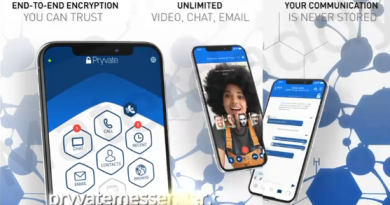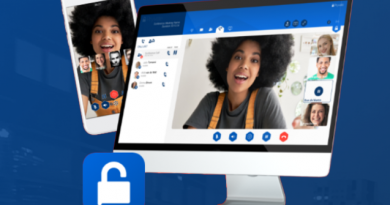Pay or Die: The Life-Threatening Cyber Attacks of The Healthcare Industry
For the past years, the healthcare sector has been a major target for cybercriminals. Did you know that healthcare data breaches exploit highly sensitive data, from personally identifiable information like names, addresses, Social Security numbers to sensitive health information like patients’ medical histories, health insurance info, and Medicaid ID numbers?
The reasons behind cyber-attacks on healthcare organizations are evident: health insurance companies, pharmacies, urgent care clinics, hospitals, and other healthcare providers keep archives of valuable data. These are juicy details that can be utilized for identity theft than any other industry.
Further, the healthcare sector is widely recognized as having weak security. In fact, a recent report discovered that healthcare ranked 9th out of all sectors when it comes to the overall security rating.
Cyberattack on Finnish Healthcare
Thousands of psychotherapy patients in Finland reported receiving extortion notes from hackers. The alleged hackers had breached Vastaamo, a private healthcare company. They stole important treatment records during such attacks involving recordings of doctor-patient sessions.
Extorting clients is an unprecedented way for hackers. Normally, they request ransom from the company from which they have stolen sensitive information. When the healthcare company refused, the hackers sought out the patients themselves.
The cyberattack against the company clarifies that the healthcare sector is more prone to cyberattacks than any other industry.
What Makes the Healthcare Sector More Vulnerable than Ever?
It’s assumed that the first cyberattack incident on Vastaamo’s healthcare facilities occurred in 2018. The information is now being leaked or used for patient’s extortion. You will also find reasons why healthcare information is more significant to cybercriminals than credit cards or Social Security numbers.
That’s because the data’s owners are in a more vulnerable position. It is not only their credit score or money which is at risk—it’s their peace of mind, their health. That it is their more intimate privacy, that’s something they could never get back when it leaks out to the public.
Hence, the healthcare sector must keep their data safe and take security much seriously.
Further, patient data is not the only thing that is a huge risk. Important patients and devices like surgical robots, pacemakers, and ventilators are connected as well. That suggests they are under threat as well. Hospitals today are being sabotaged without even knowing.
How to Prevent Cyberattacks on the Healthcare Industry?
The initial step to any cybersecurity resilience plan is to keep in mind the holy trinity of cybersecurity:
- Technology
- Processes
- People
Healthcare facilities should invest in the proper technology to keep their private data safe. These technologies include spam-filters and antivirus software. That also indicates upgrading to a software that is regularly patched.
Healthcare facilities must train their staff to use the internet and email safely and make a powerful security culture among their staff.
Ultimately, there must be processes in place which help keep data safe. Rules which apply to everyone and strategies on how to respond should a security breach take place.



